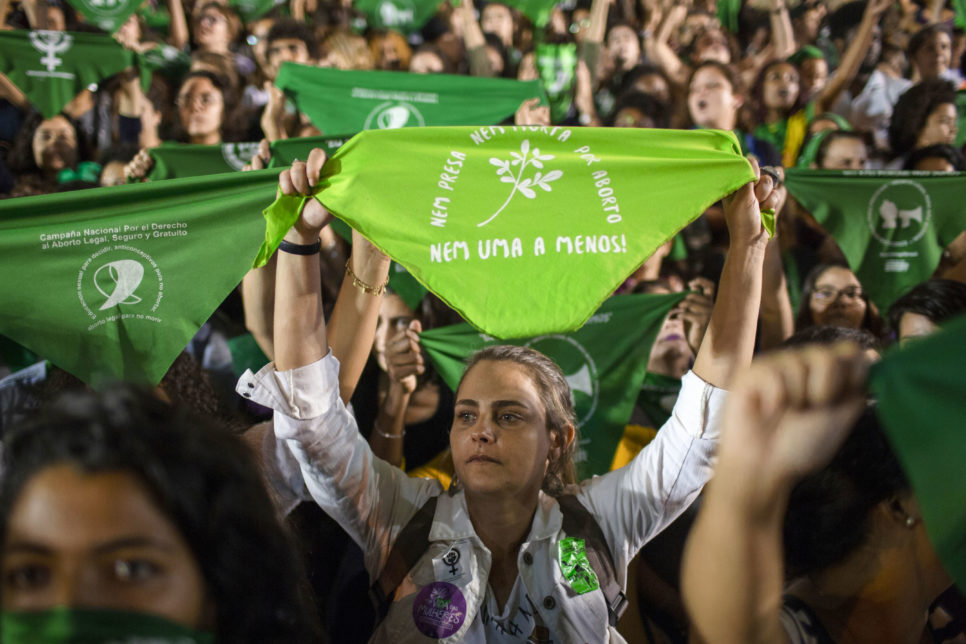In February 2021, the Ministry of Women, Family and Human Rights announced, in a ministerial order, the establishment of a working group to review the PNDH (National Human Rights Plan) – a set of public policies created over years of debates at regional and national conferences, with broad civil society participation.
According to the ministerial order, no civil society representative will serve on the group responsible for the review and its discussions will be confidential. In other words, the Ministry is proposing to change the policies that resulted in the PNDH, with a potential impact on the lives of millions of people and without any social participation or transparency.
The PCdoB (Communist Party of Brazil) filed ADPF Case (Allegation of Violation of a Fundamental Precept) No. 795 in the Supreme Court to challenge the constitutionality of the measure. The party says that the matter is especially important for historically vulnerable groups for which the PNDH is an instrument of protection and action.
Read more
In May 2021, Conectas, Artigo 19 and Comissão Arns filed a request for amicus curiae status in the case and endorsed the arguments and requests made in the initial petition. The position of the organizations consists of two main points: the right to social participation and the violation of rules on transparency and access to information.
With regard to the first point, the organizations referred to a series of international treaties, ratified by Brazil, that guarantee the right to direct participation as a central component of democracy – among them, the Universal Declaration of Human Rights, the International Covenant on Civil and Political Rights and the American Convention on Human Rights.
They also highlighted precedents and guidelines from international bodies such as the Inter-American Court of Human Rights and the IACHR (Inter-American Commission on Human Rights of the OAS), which maintain that “the active participation of people in public decision making – in the cycle of public policymaking among others – is not only desirable but also an enforceable right and an obligation of the State”. The IACHR also says that participation cannot be restricted to majorities and it is a central component in the defense of the rights of historically vulnerable populations.
The interpretation of the OHCHR (Office of the United Nations High Commissioner for Human Rights) is similar: in its guidelines on the right to social participation, the body emphasizes that society should be included in decision-making processes in order to ensure that its priorities and needs are addressed, ensuring participation on an equal footing for groups that are marginalized or discriminated against, including from the early stages of the process, when all options are still open.
The organizations recalled that, in 2019, Brazil voluntarily adhered, as a non-member, to the Recommendation of the Council on Open Government of the OECD (Organization for Economic Co-operation and Development) and, in doing so, committed to implement and enforce a culture of governance in which social participation is key.
For the national plan in Brazil, the amicus curiae submission drew on the text of the Federal Constitution that already established the participatory principle in article 1 and that was amended in 2020 to include, in article 193, the requirement for the State to ensure the participation of society in the formulation, monitoring, control and assessment of public policies.
On the point about transparency, the application submitted by the organizations recalled that both the Freedom of Information Law and the international standards of transparency – such as those established by the Organization of American States – determine that secrecy must always be the exception, particularly in cases involving the violation of fundamental rights.
Finally, the organizations claim that the decision to review the PNDH without any transparency and social participation is part of a broader attempt to reduce civil society space in a major setback for human rights – which is forbidden by the Federal Constitution.
Technical information
- Case: ADPF-795
- Court: Supreme Court
- Status: Awaiting judgment and decision on admission as amicus curiae.







